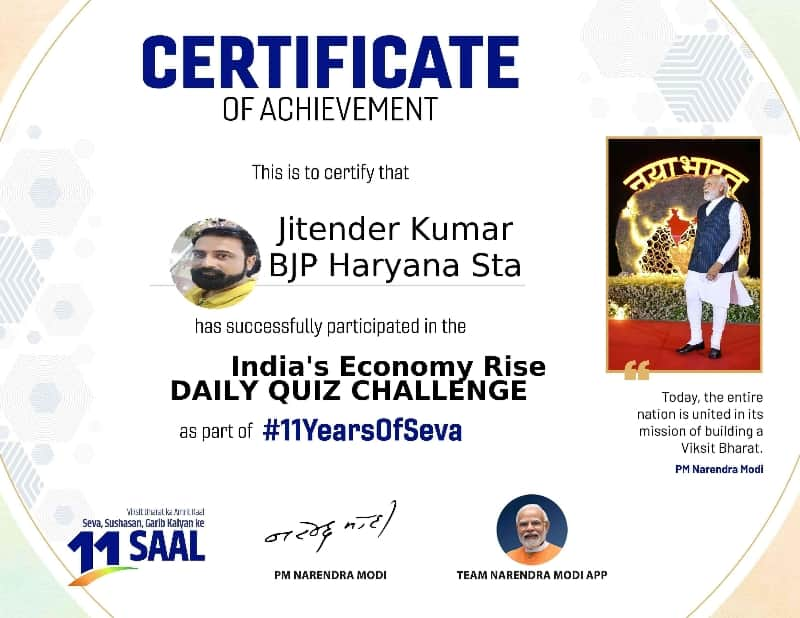India’s defence sector has witnessed unprecedented growth and modernisation in recent years, driven by indigenous production, strategic investments, and a renewed focus on self-reliance. From the ₹10,000 crore Pinaka rocket ammunition deal to advanced missile technologies like Agni V MIRV and Pralay, the nation is reinforcing its position as a global military powerhouse.
Speaking about India’s evolving defence capabilities, Union Defence Minister Rajnath Singh stated, ‘India’s defence transformation is not accidental; it is the result of strategic policies, technological innovation, and a commitment to our sovereignty. We are not just equipping our armed forces; we are building a foundation of self-reliance for generations to come.’
The Pinaka Enhanced Rocket System, developed by DRDO, has become a symbol of India’s growing indigenous capabilities. “Pinaka is more than a weapon—it represents India’s determination to rely on its own technological advancements. It ensures that our armed forces are equipped with world-class systems made right here on Indian soil,” said Singh. The deal, which engages both public and private sectors, highlights the government’s commitment to fostering innovation and creating jobs within the country.
India’s successful deployment of the Agni V missile, equipped with Multiple Independently Targetable Re-entry Vehicle (MIRV) technology, reflects its strategic deterrence capabilities. ‘Agni V sends a strong message: India is prepared to defend its sovereignty against any threat. It enhances our deterrence capability and demonstrates our readiness to face modern challenges,’ Singh emphasised.
The addition of the Pralay tactical missile further strengthens India’s strike capabilities. Designed for rapid deployment and precision targeting, it is ideal for high-altitude and border operations. ‘Pralay is a game-changer. It ensures that India can respond swiftly and effectively in any conflict scenario,’ Singh remarked, calling the missile a testament to DRDO’s innovative approach to modern warfare.
India’s foray into Directed Energy Weapons (DEWs) is equally impressive, representing the future of military technology. These systems, including laser-based and microwave-based weapons, are critical for neutralizing advanced threats like drones and missiles. ‘DEWs showcase our ability to lead in next-generation warfare. These systems are a reflection of India’s scientific talent and strategic foresight,’ Singh said.
Singh also highlighted the transformation in India’s defence budgeting over the years. Before 2014, defence spending focused primarily on maintenance, with limited investment in modernisation. Today, the defence budget has consistently increased under the able the leadership of PM Modi, with the 2024-25 allocation crossing ₹ 6.21 lakh crore. ‘Our budgets reflect our priorities. Nearly 75% of our defence modernization Budget is directed toward domestic procurement, ensuring that every rupee strengthens our self-reliance and national security,’ he said.
Emphasising the commitment of the Government towards Atamnirbharta in defence, Shri Singh mentioned “ Recognizing the need for robust growth of private defence industry in the country, 25 % of this modernization budget allocation has further been reserved for procurement from private defence industry. This has assured private sector of firm demand, thus encouraging them to undertake further investment. This has been a game-changer so far as development of domestic defence industry is concerned.
The Defence Minister asserted that another major game-changer in defence manufacturing in India has been the issue of five Positive Indigenization Lists containing more than 500 major defence items which are to be produced within country over a span of time. These lists have provided a road map for progressive realization of the objective of self-reliance in defence.
Infrastructure has been another critical focus area. The Border Roads Organisation (BRO) has significantly enhanced connectivity in strategic areas like Jammu & Kashmir and the North East. Projects like the Atal Tunnel exemplify the government’s commitment to integrating infrastructure with defence preparedness. ‘The development of all-weather roads and tunnels ensures that our troops can mobilize swiftly while empowering local communities. This is a dual achievement of security and inclusion,’ Singh noted.
India’s defence transformation extends beyond protecting borders; it is about securing the nation’s future and positioning it as a global leader. ‘Our journey is one of innovation, self-reliance, and unwavering resolve. We are building a stronger India that is prepared for any challenges’ Singh concluded.
India's defence sector exemplifies the nation's resilience and vision, focusing on modernisation, indigenous production, and strategic investments. As Rajnath Singh aptly put it, ‘India is not just building weapons; we are building strength, security, and sovereignty for generations to come.’























